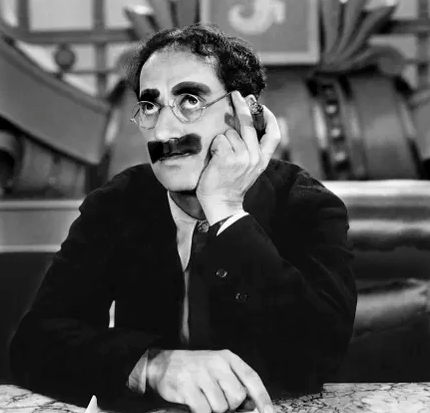"Not Funny"! Re-thinking Humor in Presentations (Rewrite)
- andrew06163
- Feb 10, 2023
- 2 min read

At one of the first presentations I attended here in Japan, now more than 25 years ago, the presenter began like this: "Most Japanese speakers open with an apology, and many Western speakers open with a joke. So, "I'll start by saying, 'I'm sorry I don't have a good joke to tell.'"
Many of us chuckled. A few months later, another speaker at a similar business event tried the same introduction and he received only groans from the audience. Here's the truth: Unless you're a professional comic, you're probably not funny enough to tell a joke at the start of your presentation. Oh, you can tell it, but you won't get the result you want. And what is that result, anyway?
Did you want the audience to think you're funny? Really? Why? They didn't come to your talk for the laughs, right? The reason (I hope) you're even thinking of telling a joke at the start of your presentation is to generate audience connection. And that's great. Westerners, according to "Polite Fictions," by Nancy Sakamoto, live under the fiction that "You and I are equal." And what says "equal" more accurately or quickly than laughing at the same joke? So your heart's in the right place.
Japanese operate with different "polite fictions." In Japanese very often the best thing to say is nothing. A polite audience wouldn't want to make a lot of noise, such as laughing out loud, at a business presentation. So telling a joke at the start of a presentation to a Japanese audience will likely generate nothing but silence.
And here's the hard truth: You are probably not that funny anyway. If you're the boss, you're accustomed to people laughing at your jokes. But they're laughing because you're the boss, not because what you said is really funny.
A story I heard, that may or may not be true, makes the above point. It seems that former US President Jimmy Carter once spoke to the Japanese Diet (Congress), using an interpreter. He began with a joke, and was pleased at the audience response, since he wasn't sure if his humor would carry across the Pacific. After the speech, he complimented his interpreter, who said, "Oh, I didn't translate your joke. I told them that the President of the United States just told a joke, so please laugh."
Ninety percent of the time that I tell that story to an audience, I get quite a bit of laughter. But note that it's not a joke, and though I told you that you're not funny, I admit that I'm not funny either. At least not "professional" funny. Nobody has paid me to make them laugh. And unless they've paid you to make them laugh, my advice is, stay away from jokes.
You can share your sense of humor, you can be self-deprecating, you can even put up the occasional, universally funny slide or short video clip, but remember your objective. Or better still, remember your audience's objective. Did they come to see you for jokes? To be read to? To be baffled by tough-to-read slides? Not likely. If you remember their objectives, their goals, you'll be more likely to hit yours.





Comments